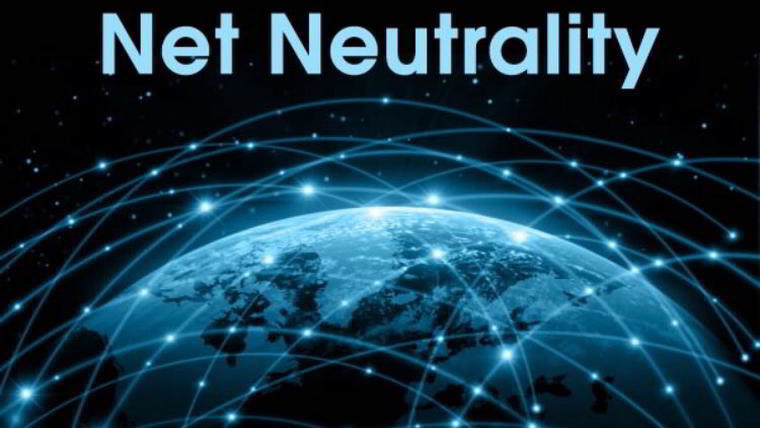
In December 2017, in a 3-2 decision made along political party lines, the US Federal Communications Commission (FCC) voted to classify internet service providers (ISPs) as information services under Title I guidelines. Now there's new hope that the decision will be reversed and allow ISPs to operate under "net neutrality" rules.
In a proposal on the FCC website, the commission's chairwoman Jessica Rosenworcel stated that ISPs should once again be regulated until Title I guidelines, which are the same as the the ones that regulate utility companies such as power. This would allow the FCC to set up regulations that would give them more control over ISPs
Rosenworcel stated several reasons for switching back to "net neutrality":
- Openness – Establish basic rules for Internet Service Providers that prevent them from blocking legal content, throttling your speeds, and creating fast lanes that favor those who can pay for access.
- Security – Reclassify broadband internet access to give the FCC and its national security partners the tools needed to defend our networks from potential security threats.
- Safety – Allow the FCC to enhance the resiliency of broadband networks and bolster efforts to require providers to notify the FCC and consumers of internet outages.
- Nationwide Standard – Establish a uniform national standard rather than a patchwork of state-by-state approaches, benefiting consumers and Internet Service Providers.
The reason this proposal is being floated is that the FCC recently got a new commissioner, Anna Gomez, which gives the Democrat-approved board a 3-2 voting advantage. That means previous decisions made under Republican-approved FCC could be reversed like the net neutrality ban.
The FCC plans to vote on October 19 to see whether or not this new proposal should go to the next stage, which is getting feedback from the general public. If that happens, those comments will be taken until mid-December, followed by public replies until January 2024. the FCC could finally vote on the proposal later that year but it's possible ISPs could try to derail the proposal in court.




















12 Comments - Add comment